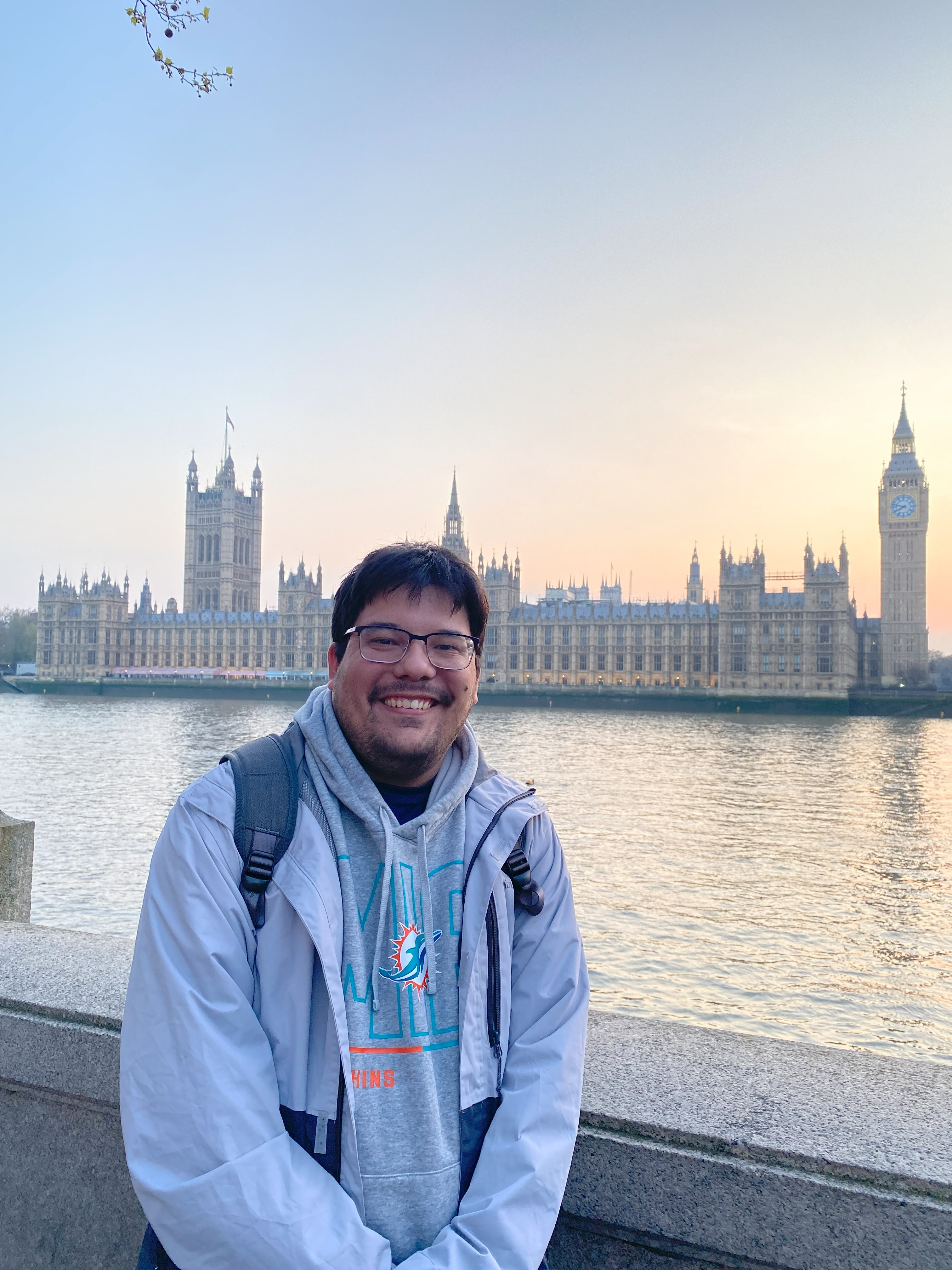11th Circuit hears oral arguments in training center petition appeal

The 11th Circuit Court of Appeals listened to oral arguments Thursday in the city of Atlanta’s potentially pivotal appeal of a ruling that extended the deadline by which opponents of the public safety training center had to collect about 58,000 signatures of registered voters to force a referendum on the issue.
A group of four DeKalb County residents who live near the training center site sued the city in July, saying they should be allowed to collect signatures even though they live outside the city limits. The district court ruled that anyone outside the city could collect signatures, and in doing so reset the 60-day deadline for petitioners to qualify for the referendum.
Thursday’s arguments were familiar to anyone following the case. But questions from the appellate judges mainly focused on whether the scope of the ruling was too broad by resetting the deadline.
Judge Elizabeth Branch about the city’s attorney, Robert Ashe, what ruling the lower court should have made. Ashe said the district court judge’s decision should have been limited to allowing the four plaintiffs in the case to collected signatures on petitions.
The ruling “could have said that for those four plaintiffs, they get 60 days to circulate petitions. He did not need to extend the circulation deadline for the city residents, who unquestionably had suffered zero injury at all,” Ashe said. “The scope of the injunction is too broad because it goes beyond the injury suffered by the plaintiffs.”
In court filings, the city’s attorneys have argued that the entire referendum effort is invalid no matter how many signatures were collected, because a referendum can’t overturn the legally signed lease between the city and the Atlanta Police Foundation.

Attorney Jeff Filipovits, representing the DeKalb residents, said the city had the opportunity to contest the validity of the referendum by refusing to issue the petitions in the first place. Once the petitions were issued, the 60-day window started, Filipovits said.
“The city hasn’t taken any step to actually declare this referendum to be invalid,” Filipovits said.
Organizers submitted what they say are more than 116,000 signatures to the city, although an analysis by The Atlanta Journal-Constitution and three media partners found that the group actually submitted 108,500 entries for verification. The analysis of a scientific representative sampling of 1,000 entries on the petition forms concluded that, if organizers met their goal, the would do so by a narrow margin.
The city clerk is responsible for verifying that at least 58,231 individual signatures come from Atlanta voters currently registered and who were registered in 2021. City officials say they won’t begin that process until the appeals court makes a ruling. It is unclear when that will happen.
Filipovits said if there are enough signatures, then: “We need the city to say, ‘We’re not going to approve this.’ Then it will go to state court.”
Ashe argued that the city never impaired any of the petitioners from engaging in political speech and circulating the petition.
“We have not stopped anyone, we have not tried to criminalize going and circulating the petition at all,” Ashe said. “The city has not restricted that.”
The only city official present in court Thursday was Councilmember Liliana Bakhtiari, who said she didn’t agree with that argument.
“I believe the process has not been transparent,” Bakhtiari said. “The clerk’s office could have done a much better job communicating with the public.”
The city has already spent more than $1.3 million on legal representation and consulting fees involving the facility and the pending petition verification process. Multiple First Amendment organizations and experts have filed briefs in support of the petition process. The collected signatures were also posted online by the city.
Plaintiff Keyanna Jones said outside the courthouse Thursday that organizers will continue to work to ensure the referendum makes it to a ballot.
“It might not be ideally when we hoped, but as long as it gets to a ballot, that is what we are working toward,” Jones said.

